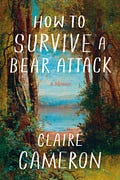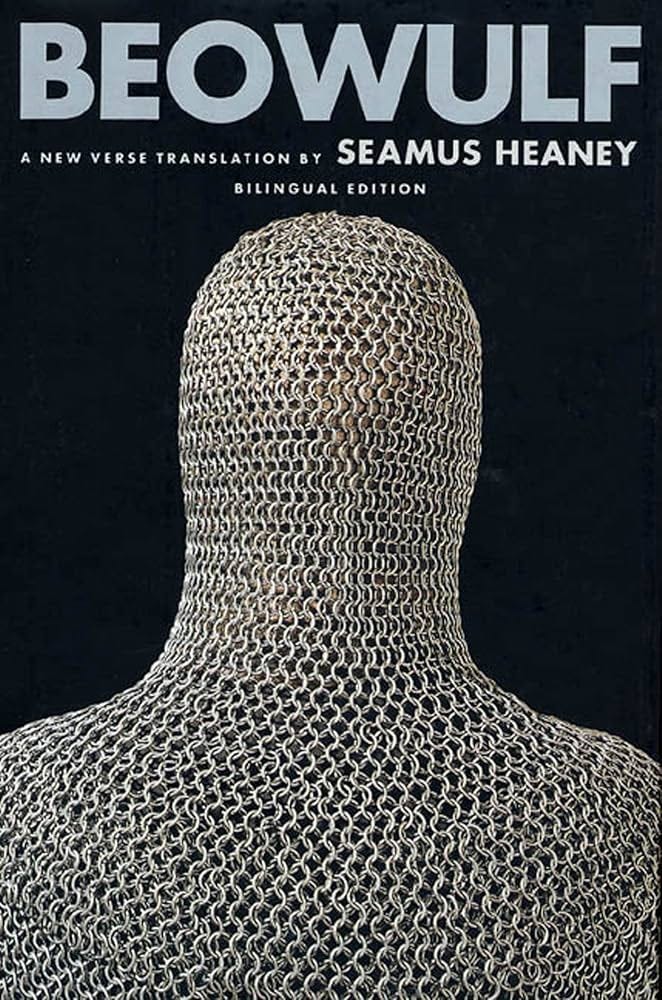"The ugly fact is books are made out of books.
The novel depends for its life on the novels that have been written."
— Cormac McCarthy
Dear Readers,
I love the quote above by Cormac McCarthy, but I disagree with the ugly part.
Books are made out of books, a perspective, the story's shape, the feeling inside the pages, everything comes from somewhere else. All books are an accumulation of ideas.
Including mine. This week, the CBC did a cover reveal for my next book. It’s a memoir called How to Survive a Bear Attack. It will be published on March 25, 2025.
How to Survive a Bear Attack is a memoir about my recovery from cancer. I was diagnosed with a rare genetic mutation. It's also an investigation. I uncovered what happened when an equally rare event occurred—a black bear attacked two people in Algonquin Park.
When I started working on this book in 2018, everyone had the same question—if you find answers about a bear attack, what will it tell you about cancer?
During my investigation, I answered honestly. I didn’t know. I followed my intuition, but it was hard to work on a project for years that didn’t make much sense to anyone, myself included.
One thing kept me going: kennings. In Old English, kennings are two words that describe a noun.
For example, whale-road means ocean. A bracelet is an arm-serpent. Fire is wind’s brother. The chest is the thought-land. An eye is an eyelash-moon. A bear is a greedy-tooth.
Two words come together. They are different, but gain meaning when put alongside each other. Throughout my investigation, I thought of a bear attack and cancer that way—I had a hunch they could lend meaning to each other.
My dad was a professor of Old English. He was the first person to introduce me to kennings. I found them again while I was listening to Seamus Heaney’s reading of Beowulf.
Beowulf, an epic poem and one of the earliest written examples of Old English, dated from around AD 1000. It tells the story a hero, Beowulf, who fights three monsters. First comes Grendel, a flesh-eating beast; next is his wicked mother bent on vengeance; and the last battle is against a night-flying dragon who terrorizes the land.
I love Heaney’s translation because it is loyal to the story, but made for listening to around the fire. It’s epic, lyrical, and magical.
Close your eyes and listen for a few seconds:
See what I mean?
Kings, courage, and the high seas, it’s all there. During the years it took to write How to Survive a Bear Attack, I started reading different translations of Beowulf. The words kept me going. The idea of an epic adventure stayed with me.
Books are made out of books. It’s a beautiful fact.
And, I did find answers. Investigating a bear attack — answering the most different questions — helped me learn to live with cancer. More on that soon.
Yours in books and more books,
Claire
P.S.
My publisher, Knopf Canada, has preorder links for How to Survive a Bear Attack, if you are so inclined.
I have lived a thousand lives, my found words piece in The Globe and Mail. I am incredibly impressed by the kids who spent their high schools years in various stages of lockdown and, now, are out there trying and thriving.
Investigative journalist Madeleine Baran’s new season of In the Dark is excellent listening.
Photographer Christopher Wahl wrote about how going on assignment across Canada helped him live through the darkest time — the photos are as stunning as his words.
Mary-Jean, I finally figured out how to put my name as the sender of this email, thank you for the feedback.
This is a monthly letter, it’s free, and thank you for reading!





Oh, I am indeed inclined to pre-order How to Survive a Bear Attack!
A thought experiment I find myself doing a lot - I don't know why - is thinking of something that is imperceptibly light (e.g., a single Post-it note) and imagine a cargo container packed full of this item being transported by sea, train, or truck. I'm excited to read the results of your project. Congratulations!
Good luck with the sales and congratulations.